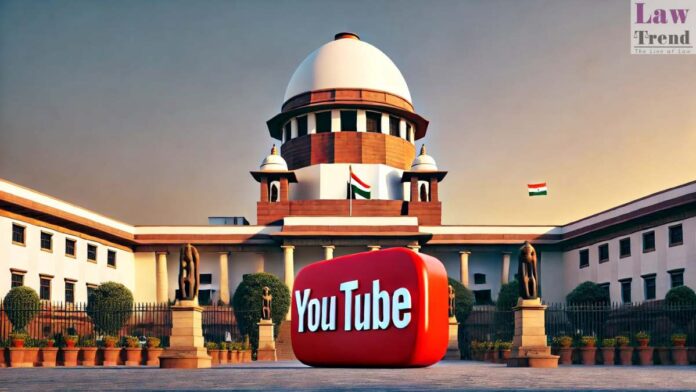In a significant judicial intervention, the Supreme Court of India ordered the immediate release of prominent YouTuber Savukku Shankar on Wednesday. This decision followed the Tamil Nadu government’s revocation of his detention under the contentious Goondas Act, citing the advisory board’s recommendation.
Savukku Shankar, 48, was initially detained by Coimbatore Police on May 4 for allegedly making derogatory remarks about women police officers and certain judges of the Madras High Court in a video interview aired on the YouTube channel “RedPix 24×7.” His comments triggered multiple FIRs against him, leading to his arrest and subsequent release under judicial orders. However, the state police detained him once again on August 12, shortly after his release.
The Madras High Court, on August 9, had quashed the detention order by the Chennai city police commissioner, which led to Shankar’s temporary release. However, he faced immediate re-arrest under the Goondas Act, sparking his legal battle against what he termed as a misuse of power meant to silence his criticism.
In court, Shankar’s legal team argued against the state’s use of the Goondas Act, pointing out that Tamil Nadu accounts for a disproportionately high number of detentions under this law. They contested that this pattern represented a flagrant abuse of the act, designed to suppress dissent by incarcerating critics without substantial justification.
Responding to the Supreme Court’s directive, the Tamil Nadu government notified the court about the advisory board’s conclusion, which did not support the continued detention of Shankar. The apex court, respecting the advisory board’s decision, ordered Shankar’s release, provided he was not implicated in any other ongoing cases.
The controversy surrounding Shankar also included serious accusations against him by the state government, which claimed he had branded all Madras High Court judges as corrupt and maligned women police officials in his public statements. Despite these charges, Shankar’s lawyers maintained that the frequent use of the Goondas Act against him was indicative of a broader intent to curb his freedom of expression.




